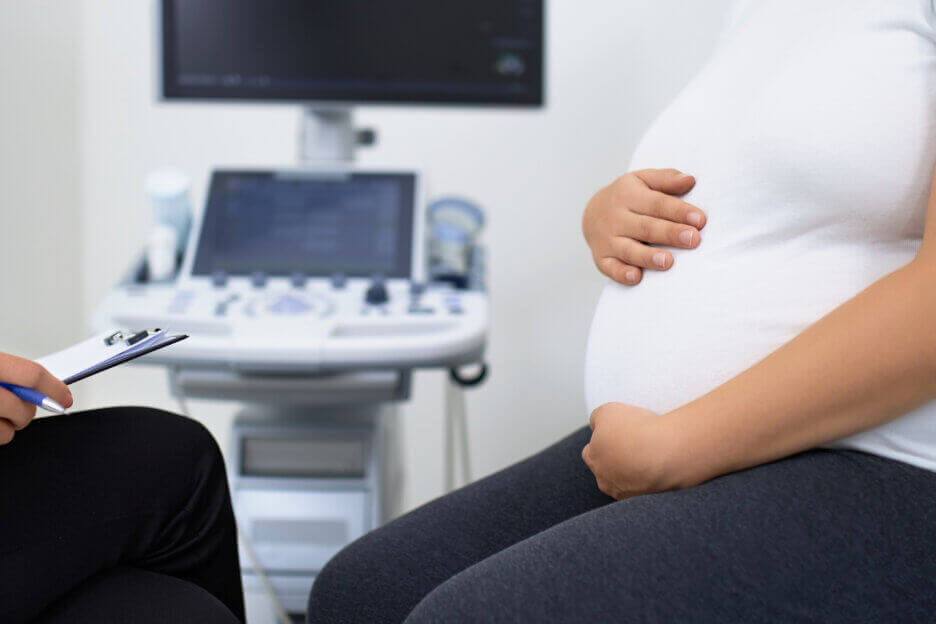By Valéria Credidio – ASCOM LAIS
More than 2.5 million children are born, annually, in Brazil. The survey is from the Brazilian Institute of Geography and Statistics (IBGE), and has as reference the year 2018, revealing an increase of almost 4% in 10 years. The number of pregnancies directly implies the work performed by the Unified Health System (SUS), with prenatal care, ensuring the follow-up of both mother and child. To increase the efficiency of this service, SUS now has the Salus platform (Health Care and Surveillance System), where all the information about the prenatal care process will be available. The novelty is the possibility of including data from trans men in the platform, ensuring more inclusion to the process.
The tool, created by the Laboratory for Technological Innovation in Health (LAIS/UFRN) will be integrated to the Maternal and Child Care Network of the Ministry of Health. The total integration of the two platforms will be formalized on August 5th, starting at 8am, during a ceremony in the auditorium of the UFRN Technology Center (CTEC). In the occasion, the full potential that will be available to SUS professionals will be demonstrated.
Until now, information about the prenatal processes carried out in the public network is fragmented, with data in paper reports where there is a greater possibility of mistakes and loss of data. The prenatal module, which is the second functionality in the Salus system, was created with the goal of bringing a new experience in prenatal care, both for pregnant women and health services, bringing a digital version of the pregnant woman’s record book, besides including in the same system the possibility of managing pregnancies from low-risk to specialized care.
Salus Prenatal solves a big problem that occurs when the pregnant person loses the paper notebook, or changes the area of care and the professional does not have the information record. In the opinion of LAIS’s executive director, Professor Ricardo Valentim, this integration guarantees the fidelity of the information and greater social control. “Health professionals will be able to accompany the maternal gestation period, with greater information security, activating the entire attention and care network for women in a timely manner, minimizing risks for the mother and the baby,” he said, stressing that all the information will be available in real time to the municipal and state health departments and to the Federal Government.
Trans person
The RAMI reformulation is a totally inclusive new generation. With this, the system is adapted to the new social context, with the pregnancy of trans men who need to go through the prenatal process to ensure the integrity of both theirs and their baby’s. “This is the first SUS information system that identifies and respects the issue of diversities,” explained the LAIS director.





